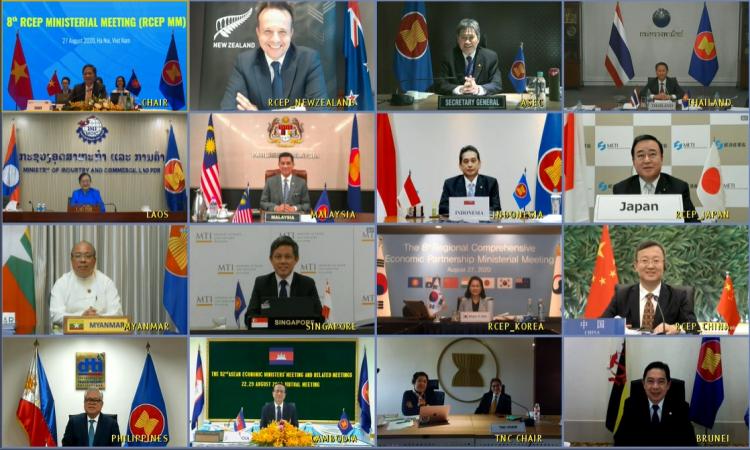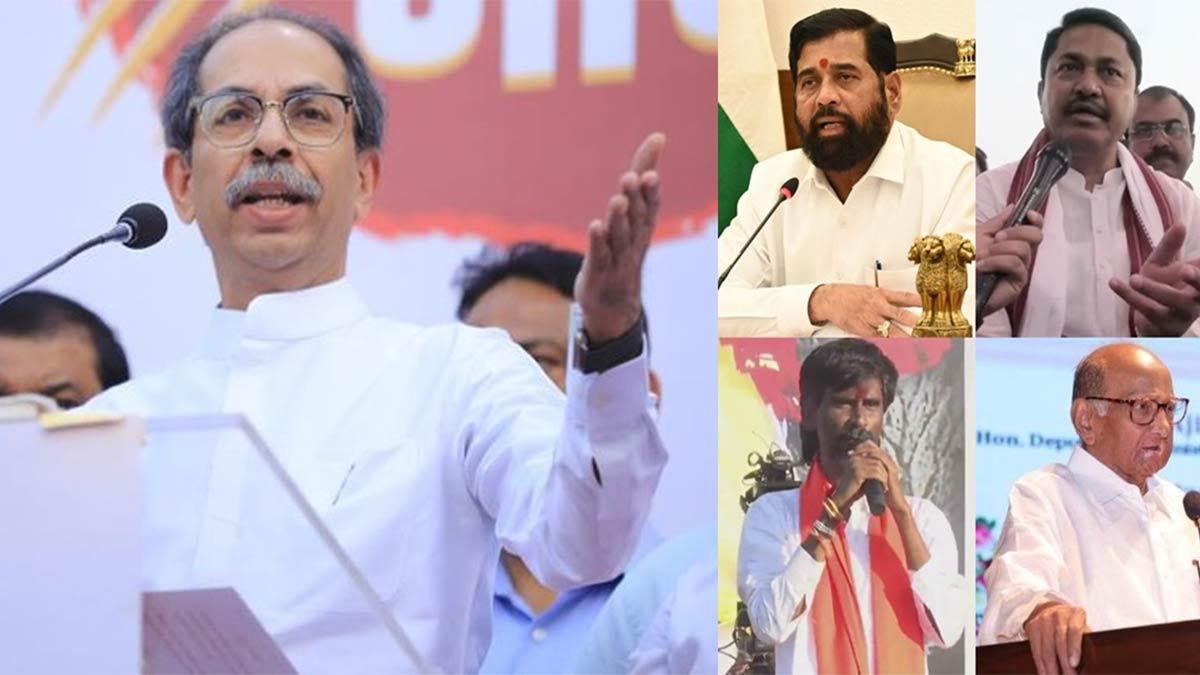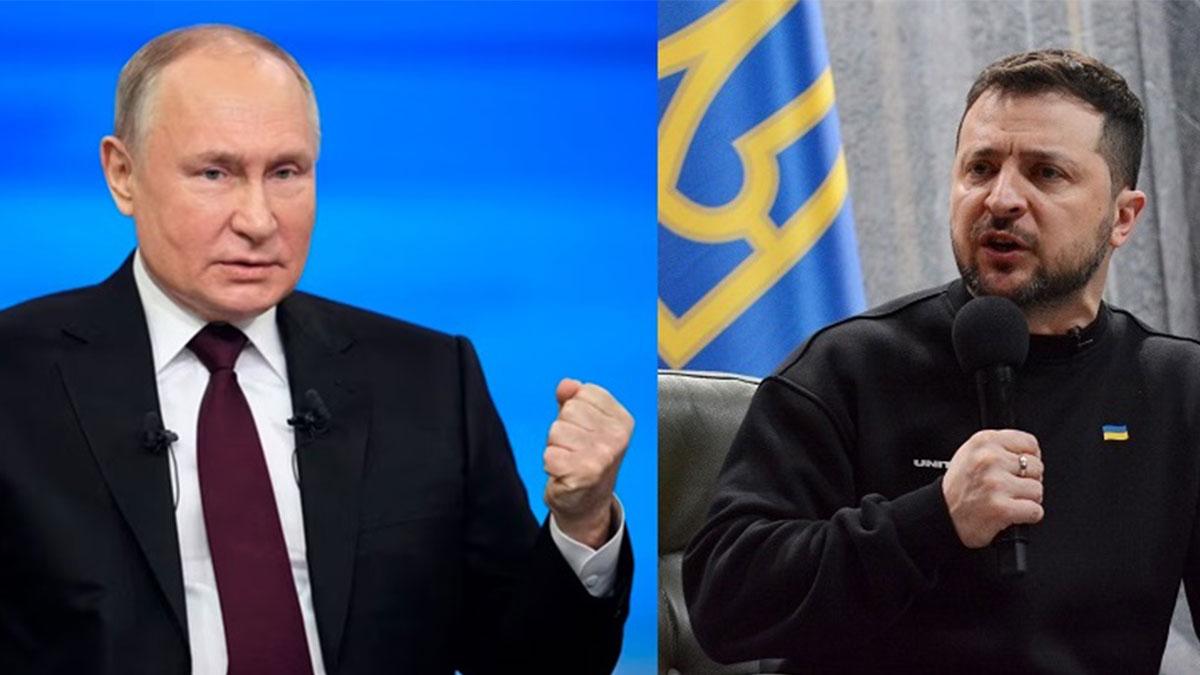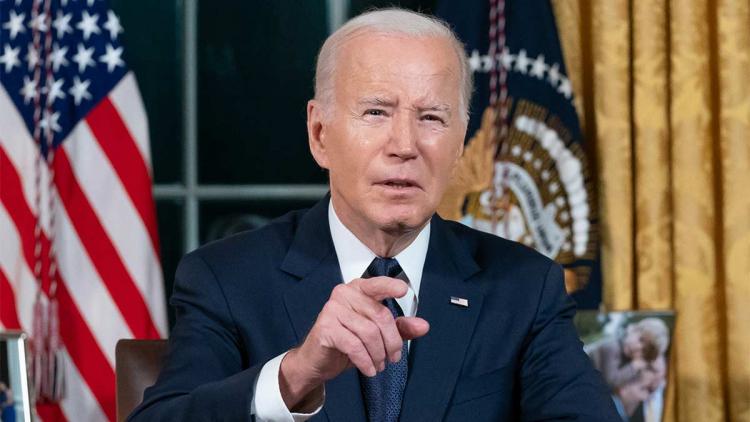The RCEP (Regional Comprehensive Economic Partnership) is a free trade agreement in the Asia-Pacific region between 15 member countries accounting for about 30% of the world population and 30% of world GDP. Signed two days back, this agreement became one of the largest trade blocs, including ten ASEAN states i.e. Brunei, Cambodia, Indonesia, Laos, Malaysia, Myanmar, the Philippines, Singapore, Thailand and Vietnam and five of their FTA partners - Australia, China, Japan, New Zealand and South Korea. Initially proposed in 2012, the deal was recently sealed to boost pandemic-hit economies. This agreement provides preferential trade treatment to member countries and intends to reduce tariffs and eliminate red tape in order to facilitate smoother trade within the region along with other incentives.
India also became part of this story back in 2011 when negotiations began and the nineteenth round of RCEP negotiation was also held in the country on 24-28 July, 2017 in Hyderabad. But on 4th November, 2019, India decided to opt out of RCEP in ASEAN+3 summit fearing the adverse impact of the deal on its citizens.
In this summit at Bangkok, Prime Minister Narendra Modi expressed issues with certain concerns not being addressed and hence, India's inability to join the agreement. Modi was looking for protection of the country's domestic industry from a surge of imports, especially from China as India is already running a trade deficit with most of these countries. Cheap imports of Chinese goods could induce worry for domestic producers and the pact was also viewed as being detrimental for Modi's Make in India campaign. Other member countries assured the address of concerns on part of India and both Japan and PRC asked for consideration of rejoining.
But due to dissatisfaction , the Modi government found it in the best interest of the nation to stay out of this deal.
But now in light of recent events provoked by Covid pandemic, India's decision to pull out of the deal is being questioned by several experts. China impacted a huge part of the decision made by India and the current phase of tensions with China, somehow justifies India staying out of the pact as China could have exploited its upper hand in this trade deal against India. On the other hand, according to some experts this decision could adversely impact India's bilateral ties with other members of the bloc as they would be more inclined towards trade within the bloc.
However, India already has FTAs with most member countries so it does not stand to lose much, rather it is safeguarding the economy from rising trade deficit with several RCEP members.
To say the least, entering into RCEP would only further solidify China's Belt and Road initiative which in no way benefits Indian economy. Rather, India could tap into gains if it focuses more on strengthening ties with the US, China's trade enemy and also the EU, which could potentially provide better trade opportunities.


















